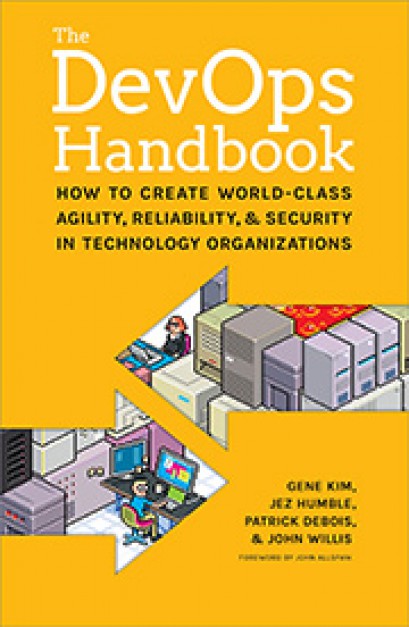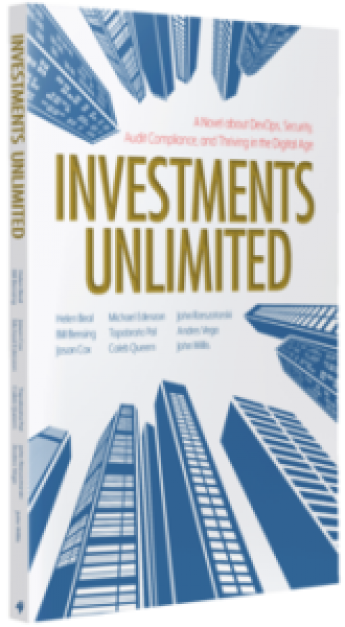Reception and Opening
Welcome & Opening Remarks
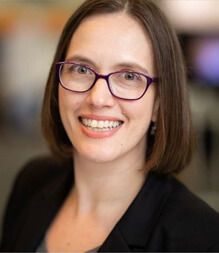

Jennifer Petoff - Senior Program Manager at Google
«Getting Started with Site Reliability Engineering: Principles, Practices and Organizational Culture»
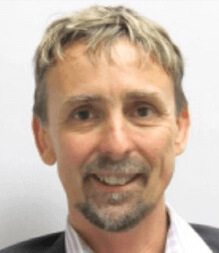
Dave Corlett
Head of Engineering

«Searching for a great day at work — A devops quest of experiment and discovery»
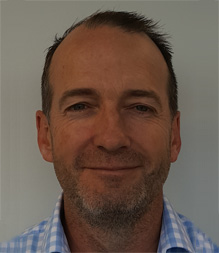
Richard Jarrett
Deputy CIO


Break


Daniel Sauble - Product Owner at Sonatype
«Open Source Software: Please Drink Responsibly.»
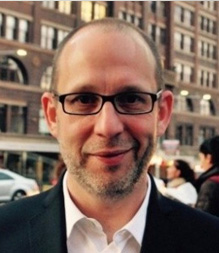

George Putnam - Chief of Product and Platform at Clear Point
«ClearPoint Accelerate: the How To of faster & safer digital product delivery»

Lunch
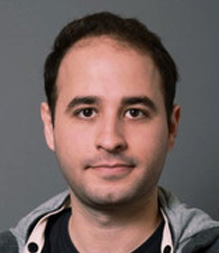

Amir Mohtasebi - Head of Engineering at Trade Me
«Continuous Delivery for the Rest of Us»
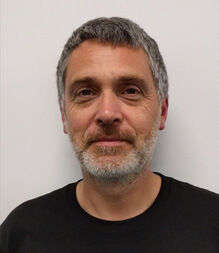

Andrew Nimick - GM of Digital Development at NZME
«Gates to stiles going for flow.»
Break
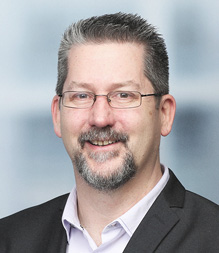
Mike Owen
Domain Chapter Lead of Future Practice & Technology

«How to switch on DevOps in an Enterprise»
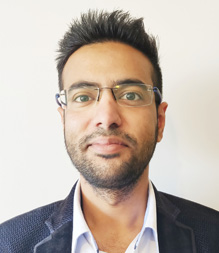
Ankit Gupta
Chapter Lead and Product Owner of DevOps Tooling Team

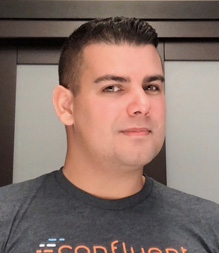

Ricardo Ferreira - Developer Advocate at Confluent
«Getting Superman X-Ray Vision: Bringing Observability to your Stream Processing.»
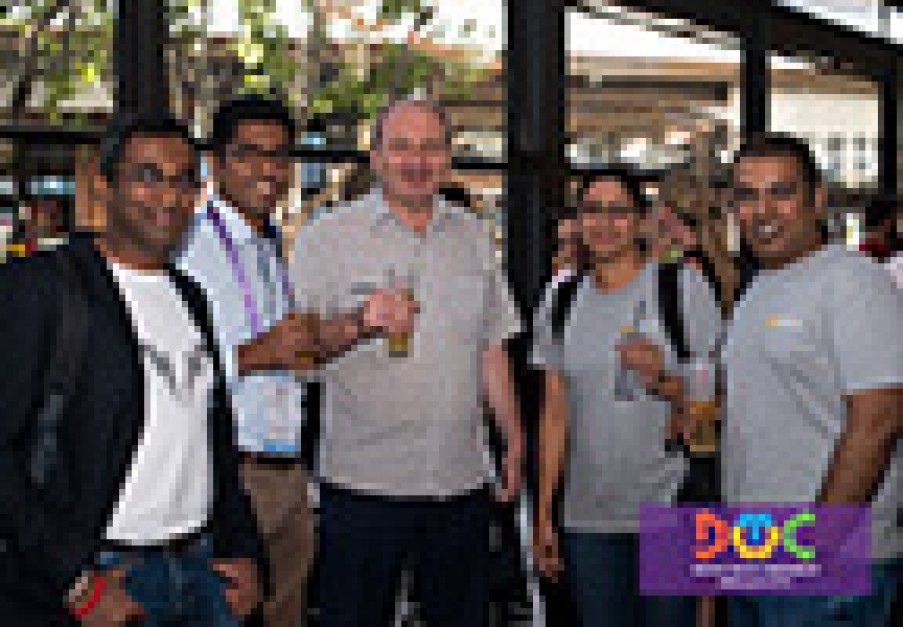
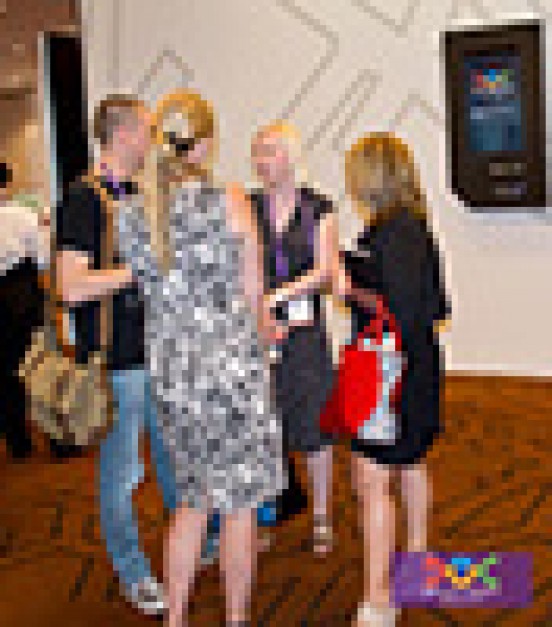
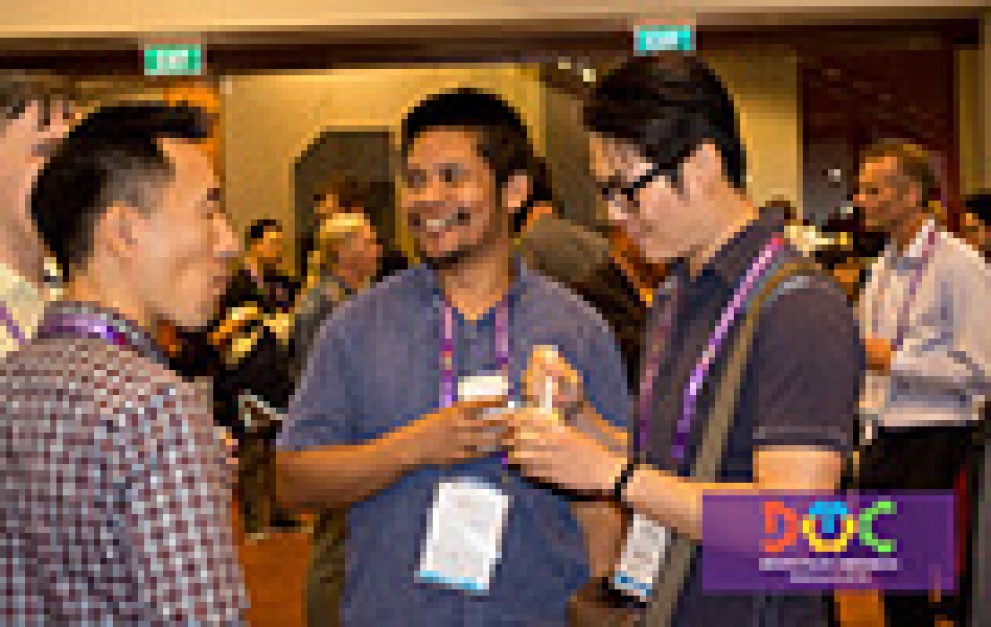
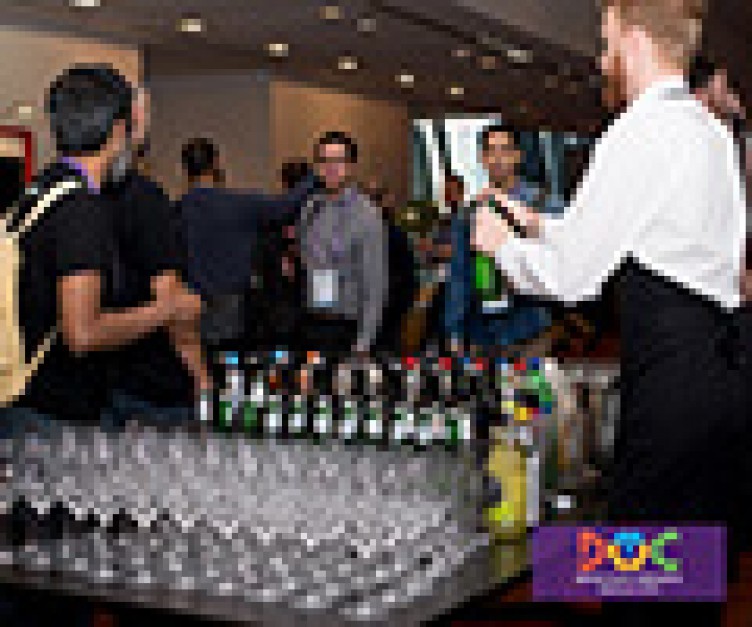
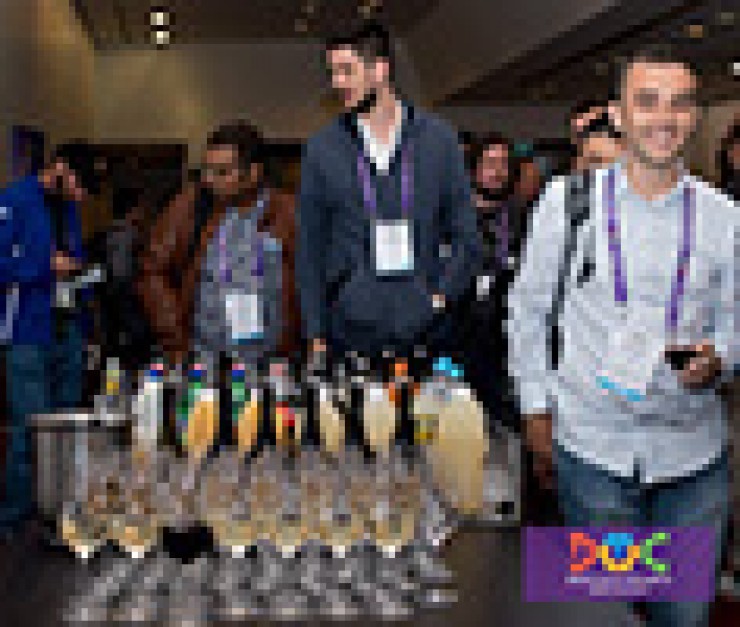
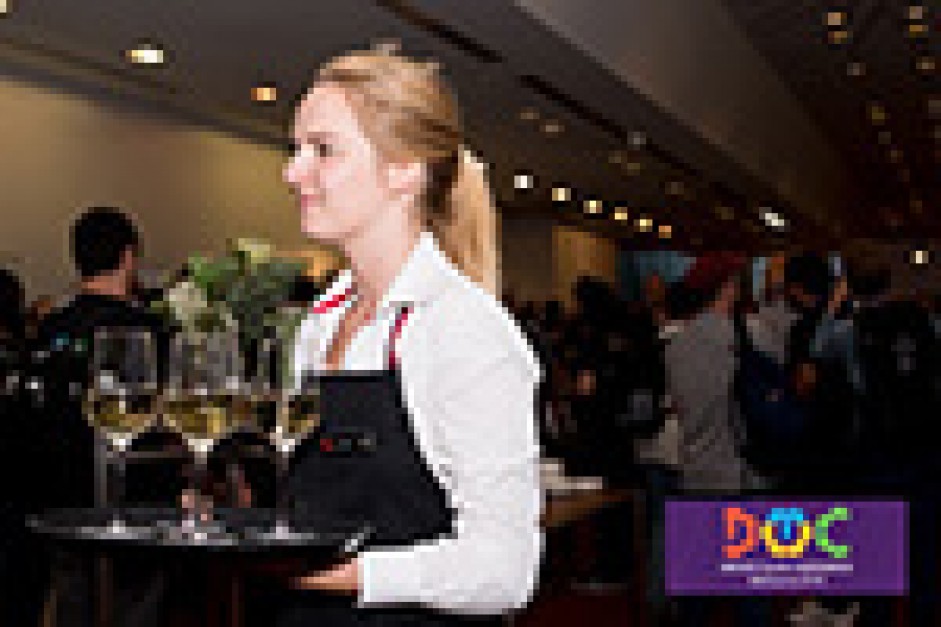
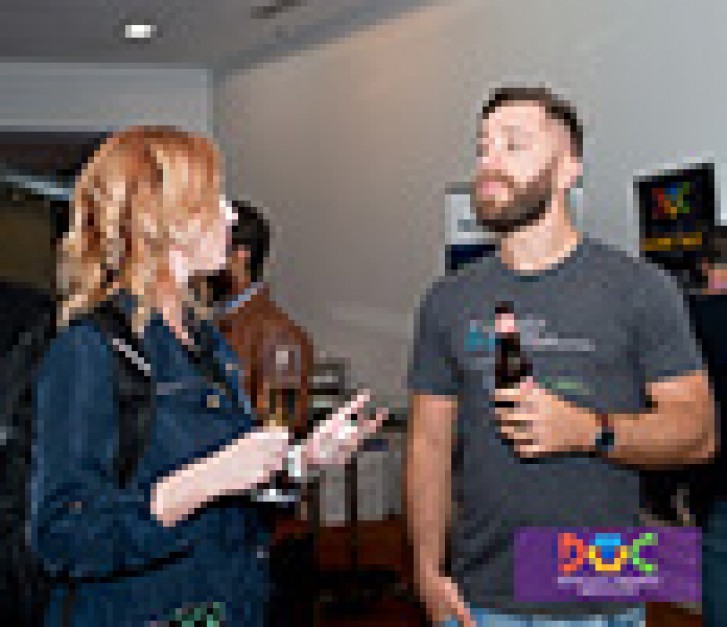
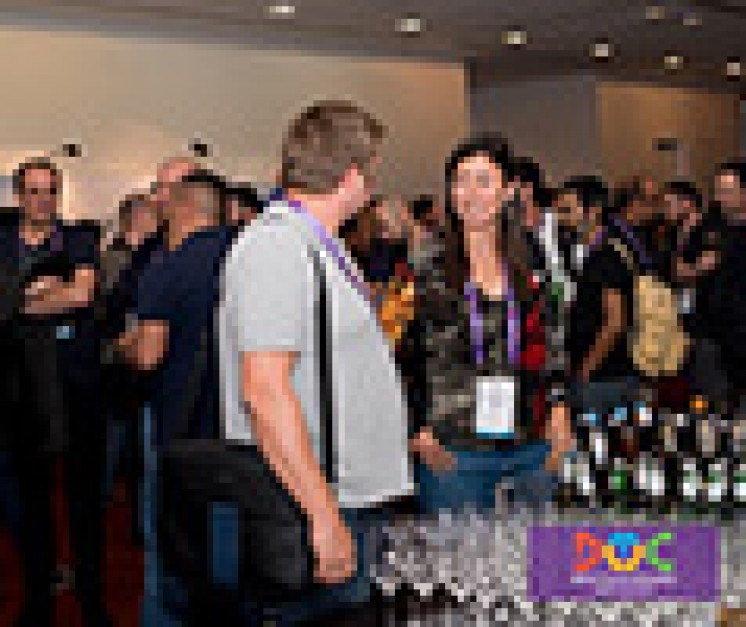
Entertainment, Networking, Discussions Open Space Discussions, Beer, Fingerfood Entertainment Entertaiment and Discussions
Reception and Opening


John Willis - Founder at Batchagalupe
«Devops' Seven Deadly Diseases»
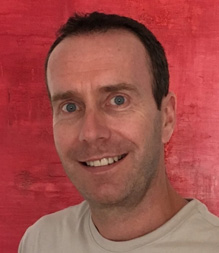

Anthony Rees - APAC Solutions Architect at Chef
«DevOps Tools That Play Well With Others»

Break
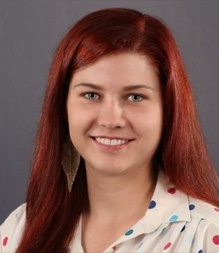

Amy Boyle - Lead Software Engineer at New Relic
«A DevOps Practitioners Guide.»
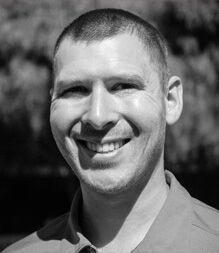

Ken Thompson - Technical Evangelist at Microsoft
«To Hot Dog or Not Hot Dog? That is the question.»

Lunch
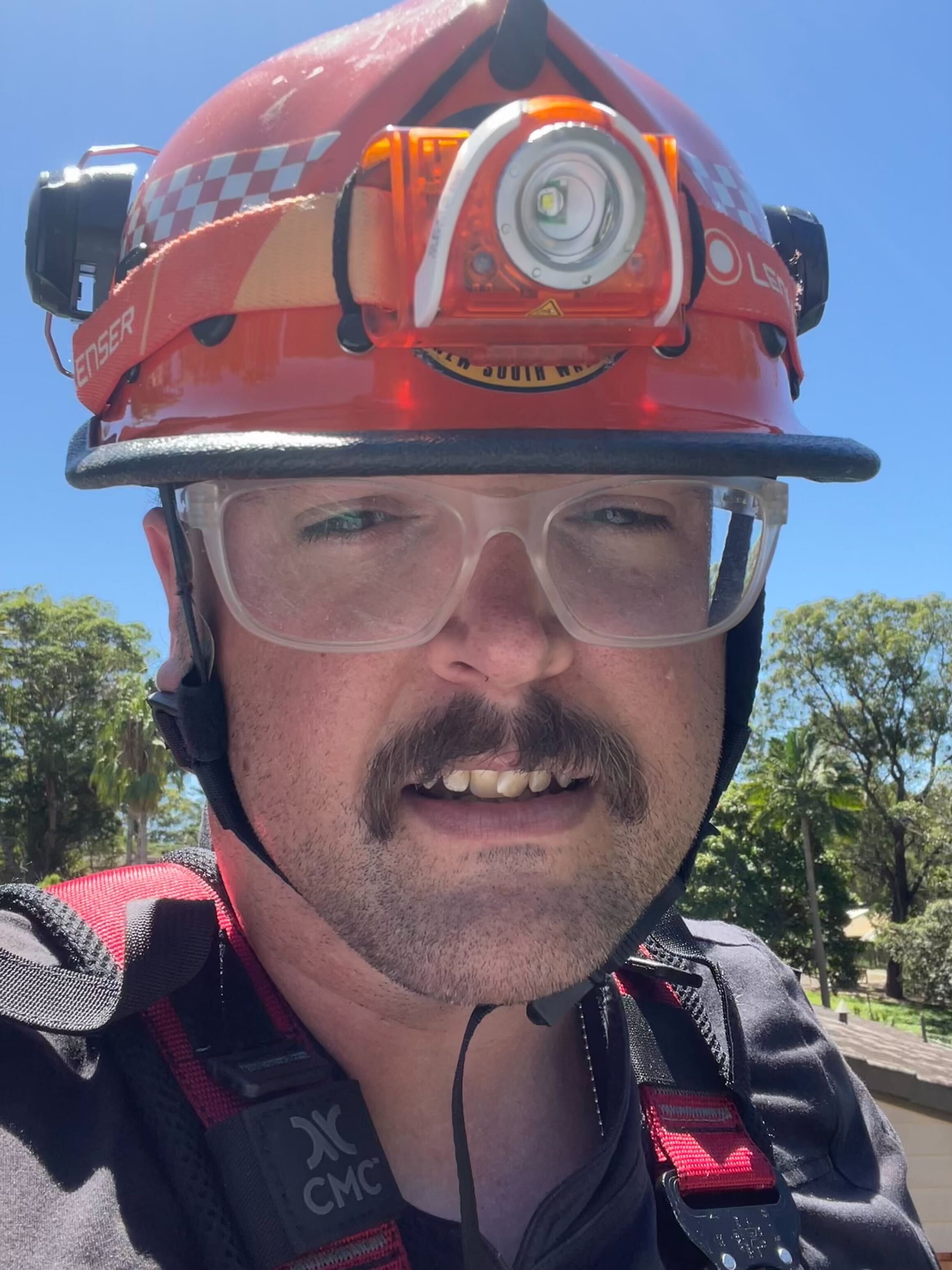

Lindsay Holmwood - Engineering Manager at Envato
«Mirrors, networks, and boundaries – what technical leaders need to know for the next 10 years of devops.»
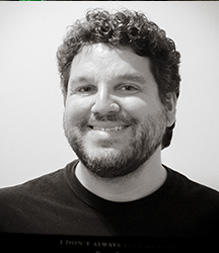

Matty Stratton - DevOps Evangelist at Pager Duty
«The Four Agreements of Incident Response»

Break
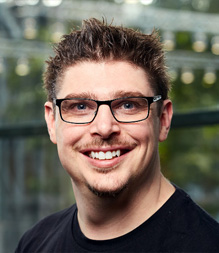

Craig Box - Cloud Native Advocacy Lead at Google Cloud
«Knative: Building serverless experiences on top of Kubernetes.»
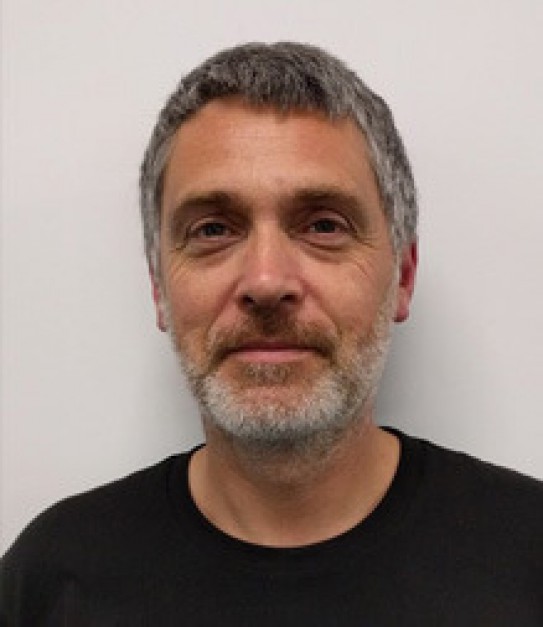
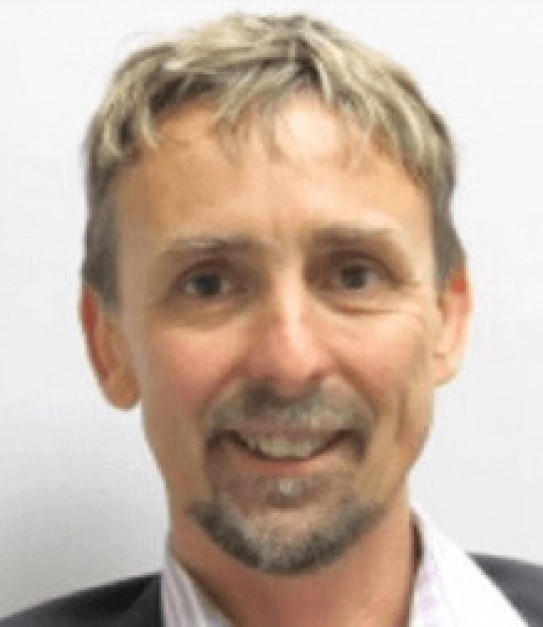
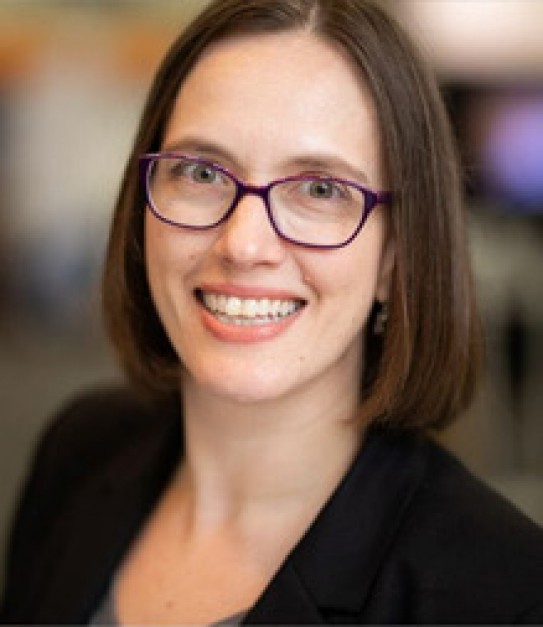
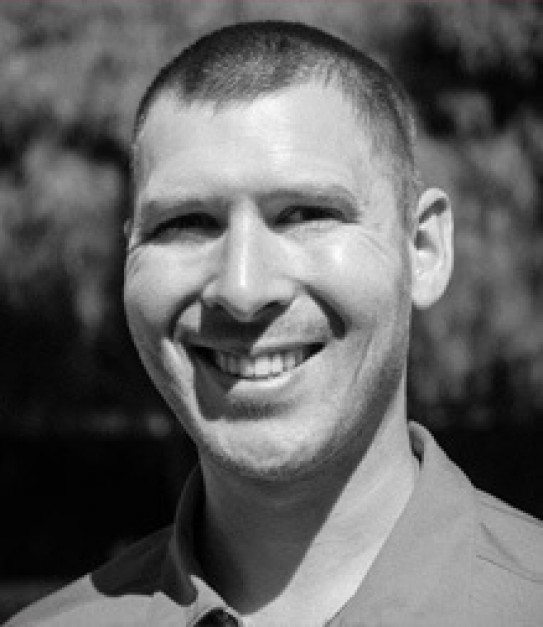

Panel Discussion. DevOps and Enterprise Challenges
Closing Remarks
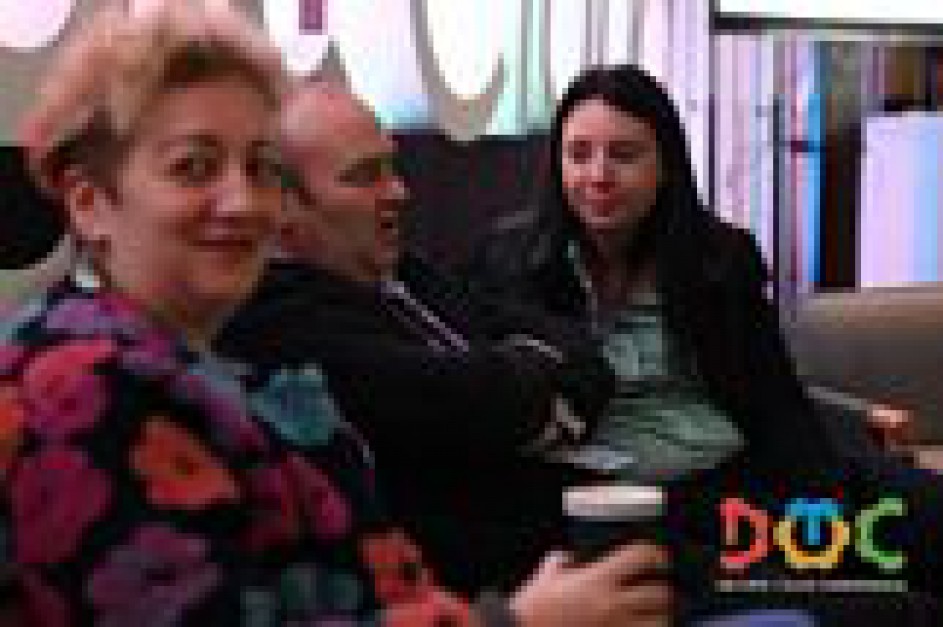
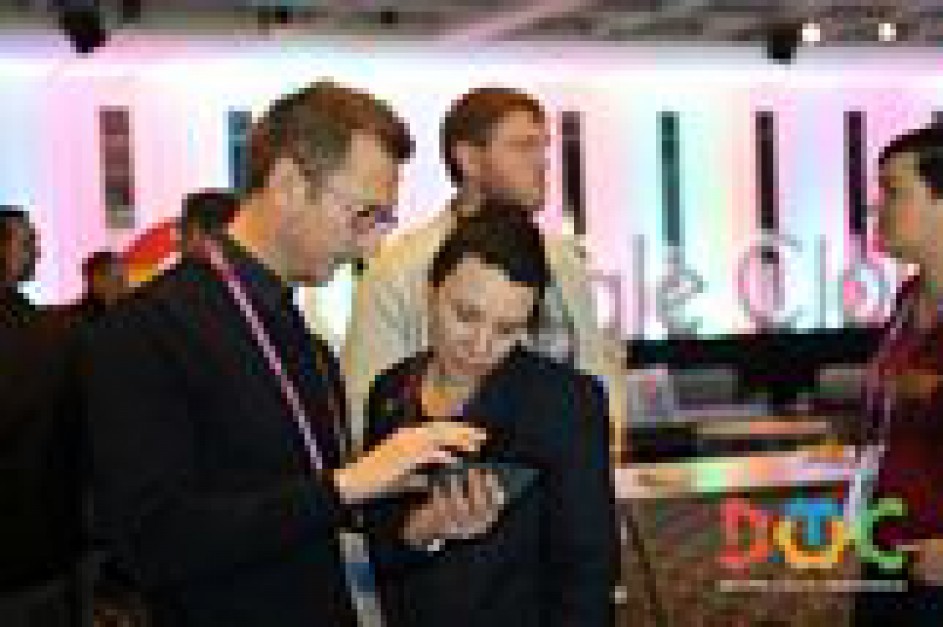
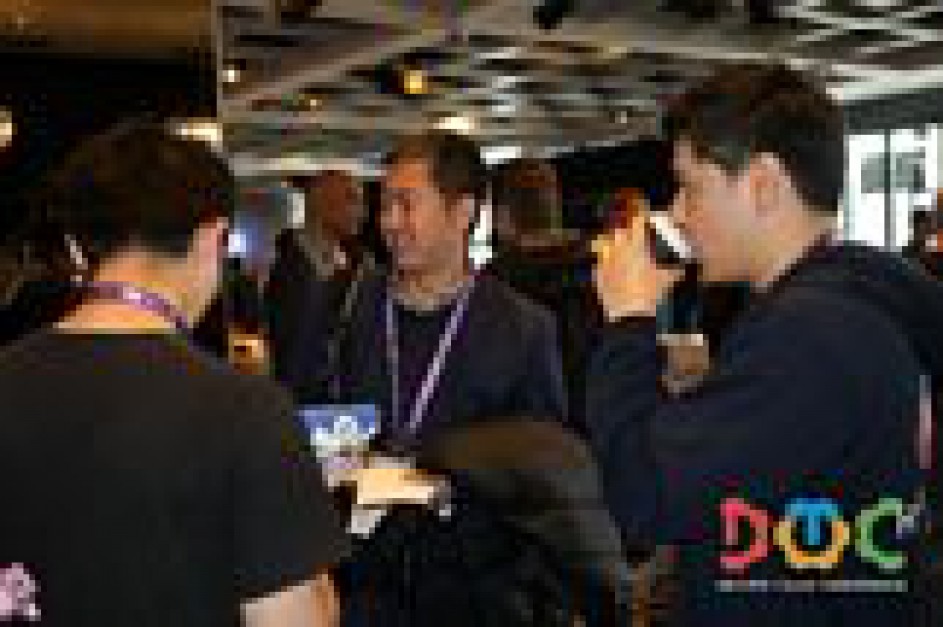
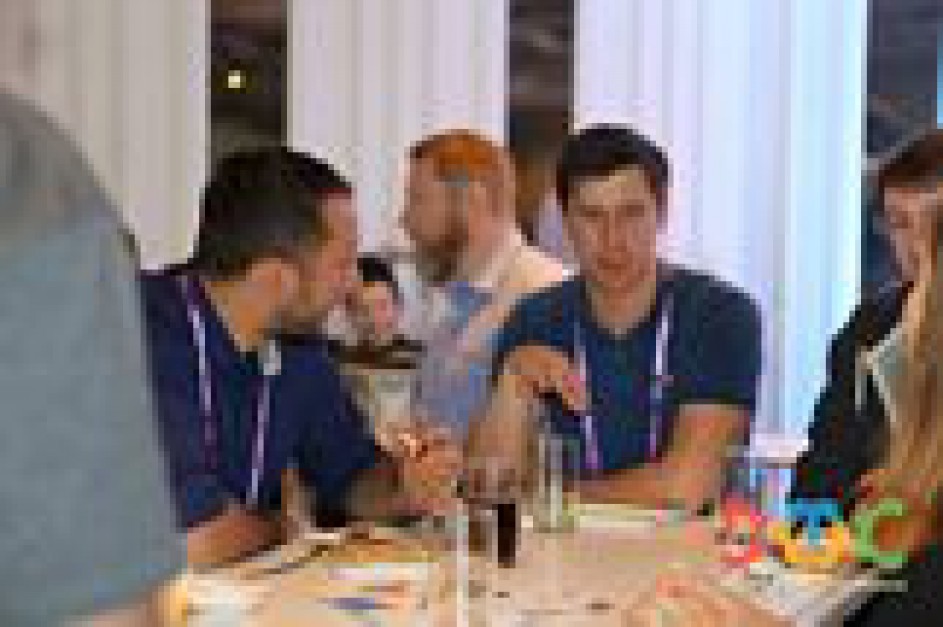
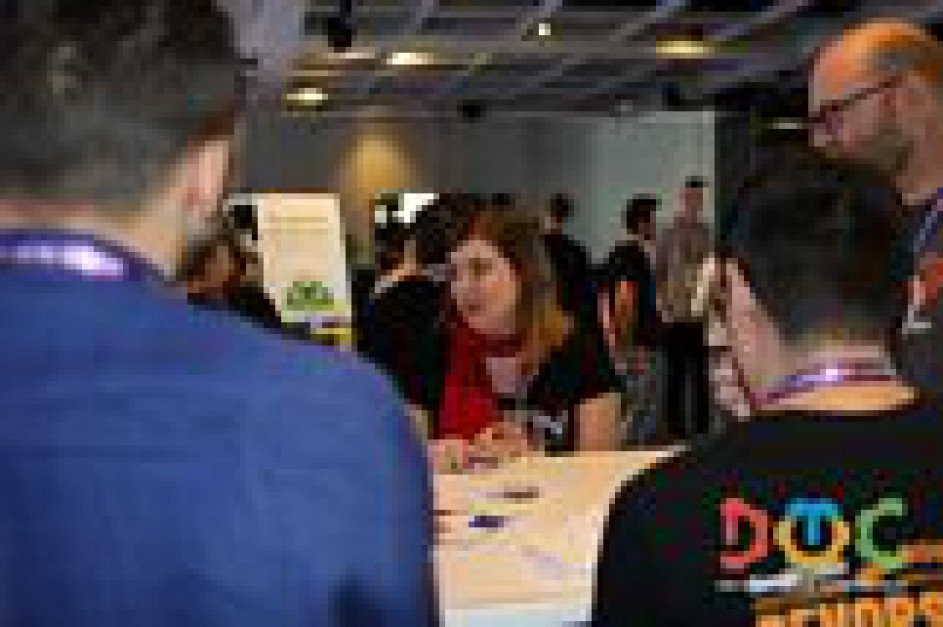
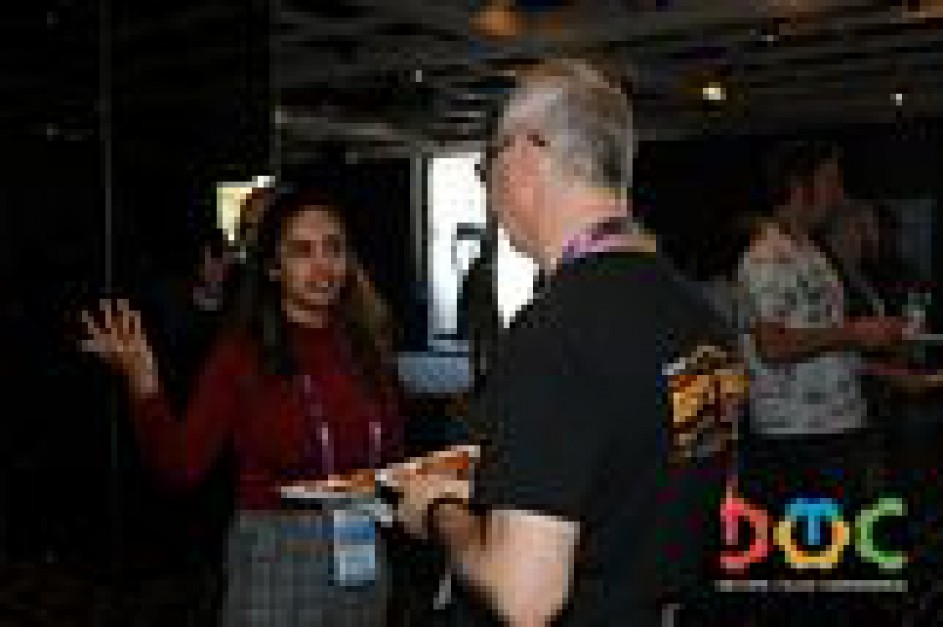
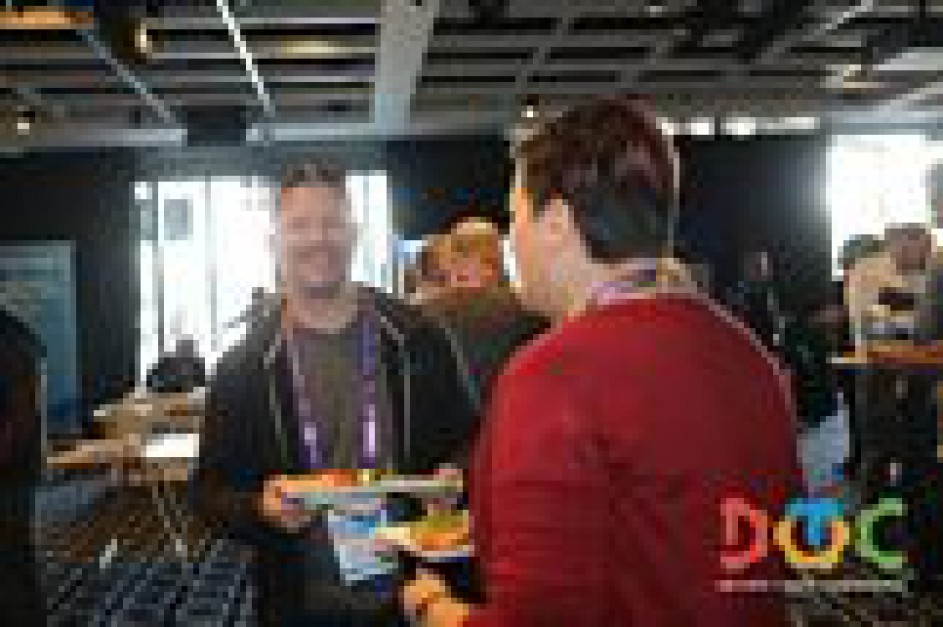
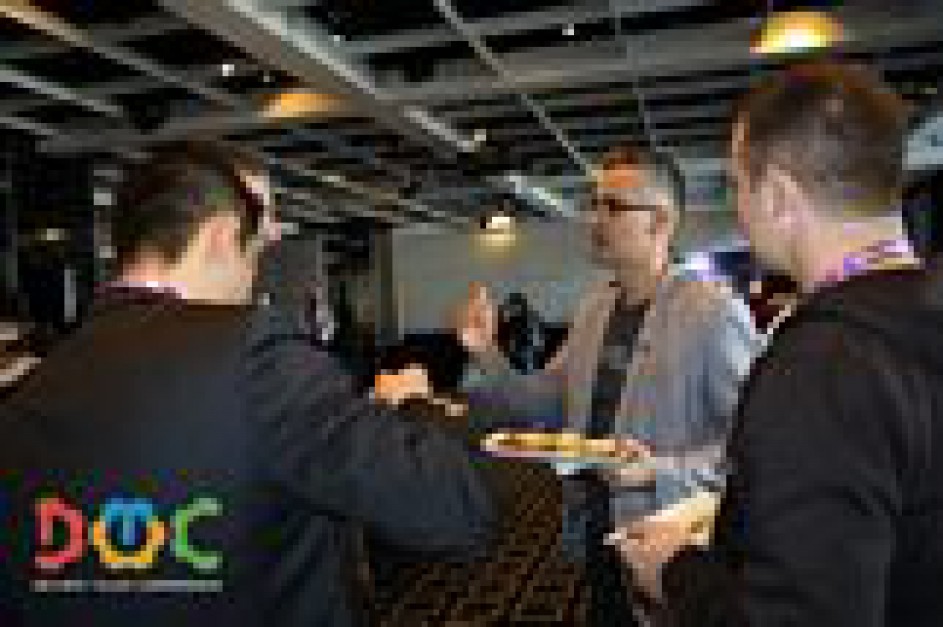
Entertainment, Networking, Discussions Open Space Discussions, Beer, Fingerfood Entertainment Entertaiment and Discussions

DevOps Leadership Workshop
Working through the many changes for yourself and your team, understanding the role of a manager in an agile work environment, dealing with the financial implications of «waterfall» not being the way to do work are just a few of these challenges.
This workshop, lead by managers who have gone through this transition, will focus on the techniques that will set you up for success in managing and directing the DevOps Transformation.
At the end of this workshop participants will be able to
Level 8, 500 Collins Street Melbourne
